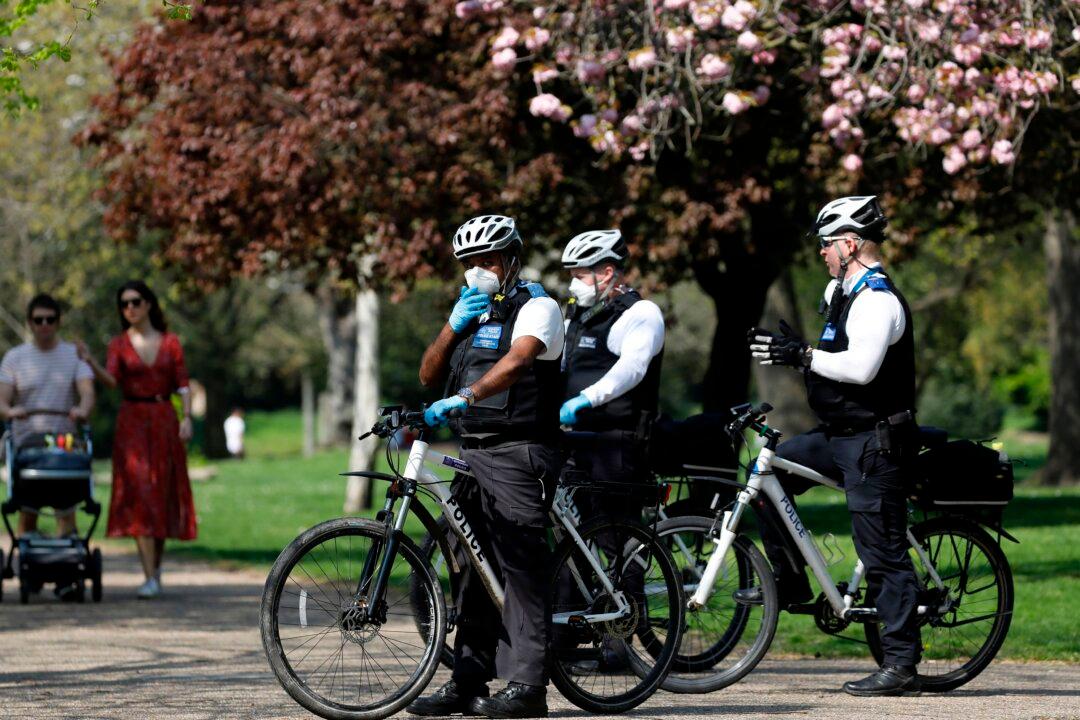Police officers will no longer automatically be sent to respond to 999 calls involving people having mental health crises following an agreement supported by the Home Secretary, Suella Braverman.
Under the National Partnership Agreement, people experiencing mental health issues will initially be attended to by medical professionals rather than the police.





